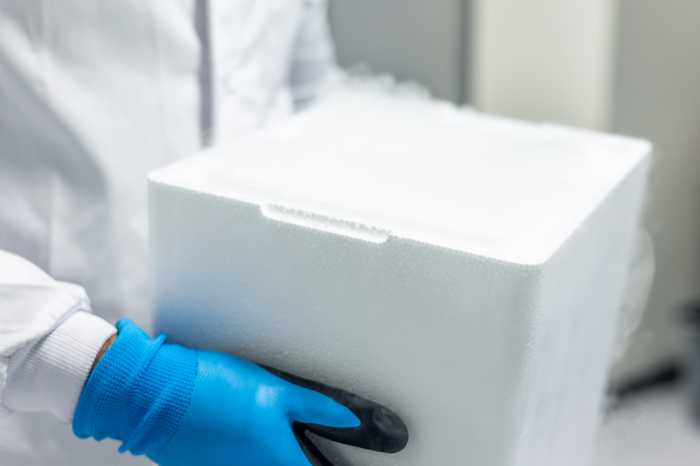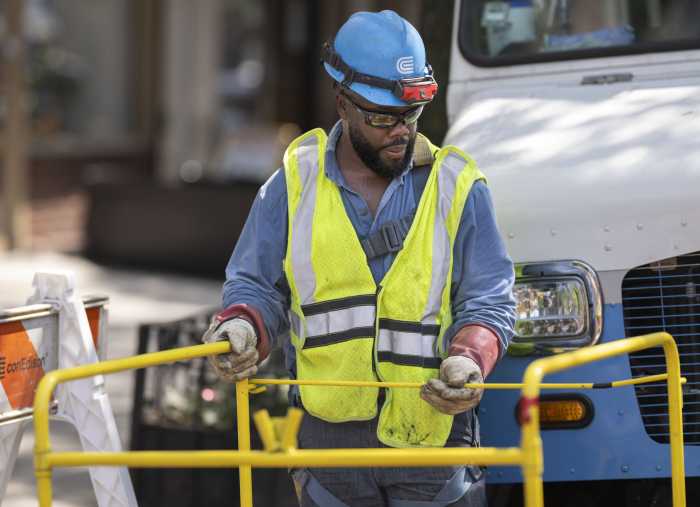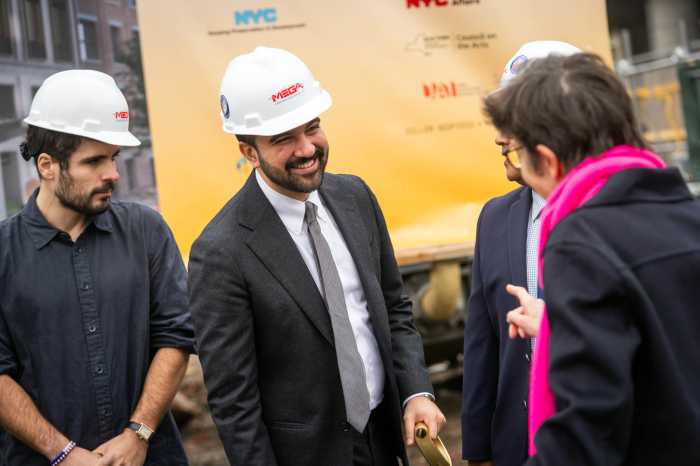Con Edison has mobilized crews to respond around the clock as high temperatures and possible thunderstorms are forecasted this week in New York City.
While Queens is expected to see only one day above 90 degrees, elevated humidity and ongoing heat remain a concern for the local power grid and residents.
According to the National Weather Service, temperatures in Queens will hover in the mid- to upper 80s throughout the week, peaking at 91 degrees on Wednesday. Thunderstorms are possible Wednesday and Thursday, which could increase the risk of power outages due to lightning and high winds affecting overhead power lines.
The utility company said it remains on alert following June’s record-breaking heat, which brought the hottest three-day stretch in over a decade. With more frequent heat waves and stronger storms becoming the norm, Con Edison emphasized the importance of continued investment in grid infrastructure and customer preparedness.
“Longer, more intense heat events and stronger storms are part of the new normal,” Con Edison said in a statement. “That’s why we’re investing in a more resilient energy system and urging New Yorkers to stay safe and use energy wisely.”
Queens preparedness and power safety
Queens neighborhoods including Jackson Heights and Jamaica have seen heat-related outages in the past month. Con Edison says it is monitoring demand closely and is in contact with New York City Emergency Management to coordinate responses as needed.
If outages occur, residents are reminded to report downed wires by calling 1-800-75-CONED (1-800-752-6633) or contacting local authorities. Workers assigned to guard downed wires may be in unmarked vehicles but will carry Con Edison ID.
How to report outages and conserve power
Customers in Queens can report outages and check their status via:
The web: conEd.com/reportoutage, the Con Edison mobile app, calling 1-800-75-CONED, replying “OUT” to Con Edison text alerts (sign up at conEd.com/text).
Energy-saving tips include:
Keeping shades or curtains closed during the day, using fans to help circulate air along with AC, deferring use of large appliances until late evening, turning off lights and electronics when not in use and setting AC units to the highest comfortable temperature.































